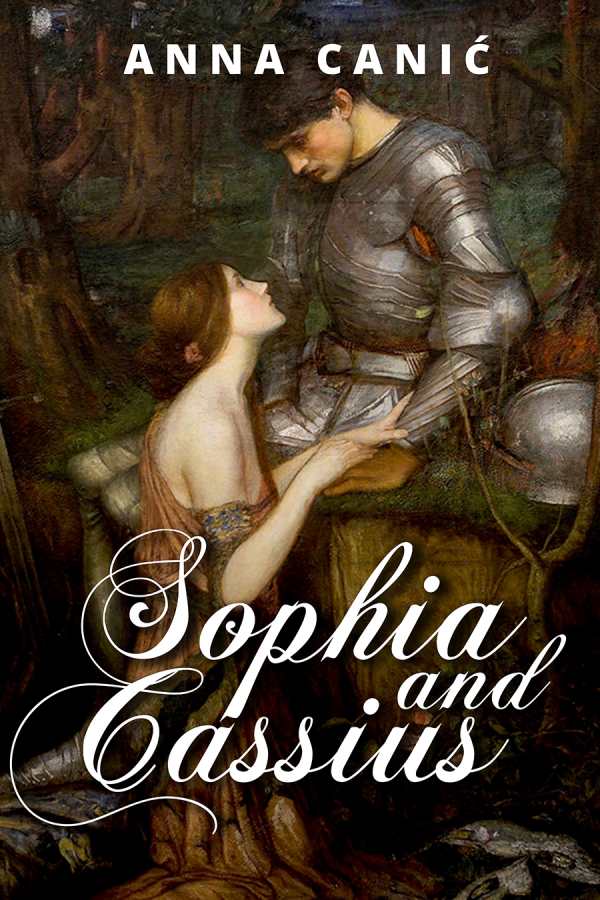Sophia and Cassius
Yearning spans centuries in Anna Canić’s bold feminist novel Sophia and Cassius, about a Lilith-inspired woman who is reborn to love a warrior.
Sophia was created together with the first man and later hated by Eve. In this extrabiblical foray, she reveals her side of the tale: she never consummated her relationship with Adam. When a trick by a rebellious angel, Mithras, sowed irrevocable doubt, Sophia was replaced. Though destined to be maligned, she still desired love. She found refuge with some of Adam and Eve’s descendants before she died.
Now reborn as Julia, a princess and sister to Caligula, Sophia relishes in storytelling. Intricate Latin terms are used to convey the details of life and language during the Roman Empire; the privileges of rank, tense loyalties, and darker politics are revealed in lucid terms, too. Women’s restrictions surrounding whom to marry propel Julia’s efforts to protect herself, also furthering a plot to ensure Caesar’s successor.
Amid its distinctive sections, in which it’s ambiguous as to how much Julia recalls of her past as Sophia, her headstrong actions stand out. She makes a few miscalculations, such as about her feelings; her suppressed longings help to humanize her. Highlights include her rapport with Greek servants and others who support her desire to help those who are powerless.
Meanwhile, meeting Jewish and Christian people, including Mary Magdalene, fuels Julia’s awareness about the larger battle between Mithras and Adonai—and her own surprising role as someone in whom Caesar confides. A slow-burning acknowledgment of her feelings toward a centurion, Cassius, is sometimes left to the background; still, when their stories converge, it’s an antidote to the Romans’ loveless cruelties.
Steeped in ideals about love and justice, the provocative alternative history novel Sophia and Cassius explores a storied woman’s influence on the Roman Empire.
Reviewed by
Karen Rigby
Disclosure: This article is not an endorsement, but a review. The publisher of this book provided free copies of the book to have their book reviewed by a professional reviewer. No fee was paid by the publisher for this review. Foreword Reviews only recommends books that we love. Foreword Magazine, Inc. is disclosing this in accordance with the Federal Trade Commission’s 16 CFR, Part 255.

